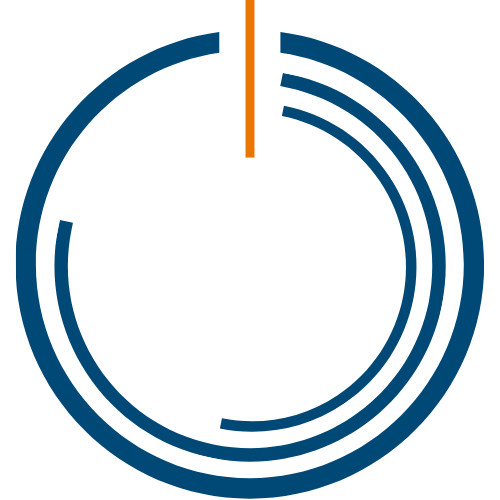In today's fast-paced world, where endless sources of pleasure are readily available, many people find themselves in a constant state of distraction and restlessness. The constant influx of dopamine, the neurotransmitter responsible for pleasure, reward, and motivation, can leave us feeling overwhelmed. That's where the concept of dopamine fasting comes into play. In this blog post, we'll delve into the science behind dopamine fasting, its potential benefits, and how to incorporate it into your life.
Understanding Dopamine Fasting

Dopamine fasting is a practice that involves temporarily removing all sources of external pleasure from your life. This means refraining from activities like checking social media for likes, indulging in your favorite comfort foods, or binge-watching TV shows. By cutting back on these "quick hits" of dopamine, the hope is to reset your brain's sensitivity to pleasure, allowing you to fully savor and appreciate it once you reintroduce these activities into your life.
This practice has gained popularity as a means of enhancing productivity, improving motivation, and breaking free from daily routines and ruts. While it may have originated as a Silicon Valley productivity hack, dopamine fasting has now made its way into the mainstream.
The Dopamine Fasting Process
Dopamine fasting can be tailored to your needs and comfort level. Some people opt for a complete removal of all pleasures from their life for an entire day, while others take a milder approach. The key is to disconnect from activities that provide quick and easily attainable pleasures.
For example, a dopamine faster may decide to rise early, engage in physical activity, spend time in nature, drink less caffeine, and steer clear of technology for a specific period. This time allows for self-reflection and reevaluation of life goals and priorities.
In contrast, a more stringent approach to dopamine fasting involves total boredom. This means refraining from all activities that bring joy, pleasure, or entertainment. It may seem challenging, but the goal is to minimize the brain's exposure to dopamine, setting the stage for a neurochemical rebound effect.
The Science Behind Dopamine Fasting
While the scientific evidence supporting dopamine fasting is limited, there are some theories that make it plausible:
-
Overstimulation of Dopamine Receptors: The amateur theory of dopamine fasting suggests that everyday stimuli like food, sex, and internet usage constantly release dopamine in the brain. This overstimulation might lead to a reduction in dopamine receptors. In essence, our brains adapt to constant dopamine triggers, making us less sensitive to this neurotransmitter.
-
Dopamine Homeostasis: The concept of dopamine homeostasis suggests that the brain makes molecular adjustments to dopamine receptors to manage excessive dopamine. Over time, this may lead to a decreased sensitivity to pleasure, resulting in reduced motivation for life activities.
A Neurochemical Reset
In essence, dopamine fasting aims to provide a break from the constant bombardment of dopamine-rich experiences. By temporarily depriving your brain of these quick pleasures, you may experience a neurochemical reset that helps you regain sensitivity to dopamine. However, it's important to note that there's no definitive scientific proof of the lasting effects of dopamine fasting on the brain.
Is Dopamine Overstimulation a Reality?

Living in the modern world does expose us to a wealth of rewards and cues for pleasure. Even when we're not actively seeking pleasure, we encounter cues for it all around us. This constant repetition of dopamine activation is a part of our daily lives.
Animal studies suggest that high-fat diets, which trigger dopamine release, can temporarily reduce dopamine receptors. However, in humans, this idea is less clear. Whether our daily lives truly overstimulate our dopamine receptors to the point of causing lasting changes in the brain remains a subject of ongoing debate.
The Takeaway
The world of dopamine fasting is not black and white. The rules and practices can vary from person to person. Some individuals may find a total removal of pleasures beneficial, while others might opt for a milder approach. The underlying theory of dopamine fasting is what guides the practice, but how it works can vary from one person to another.
The key takeaway is that dopamine fasting can serve as a break from your daily routines, providing an opportunity for mental reset and self-reflection. Even if it doesn't lead to a dramatic neurochemical change, it can be a valuable practice to unplug from the constant distractions of modern life and reevaluate your priorities.
So, if you're feeling overwhelmed and in need of a mental reset, consider trying a dopamine fast. It might be just the break you need to feel rejuvenated and regain your focus on life's important goals. And remember, it's all about finding what works best for you.

